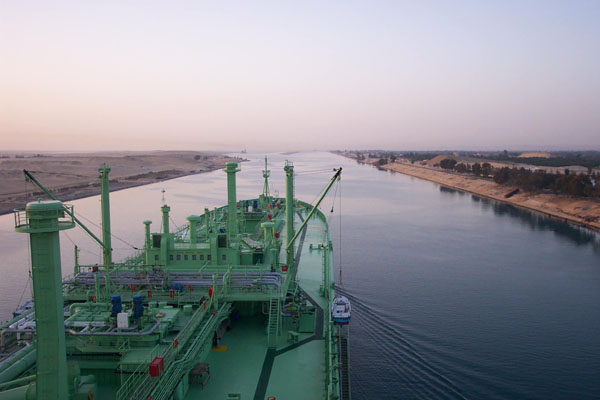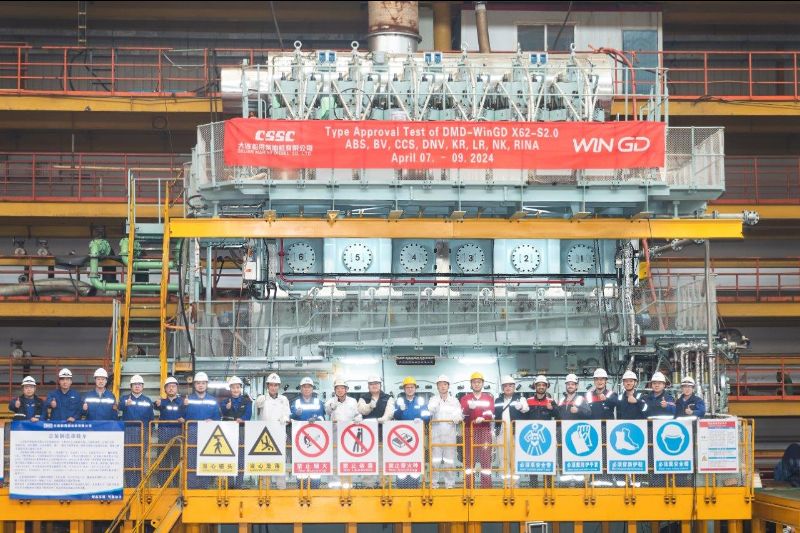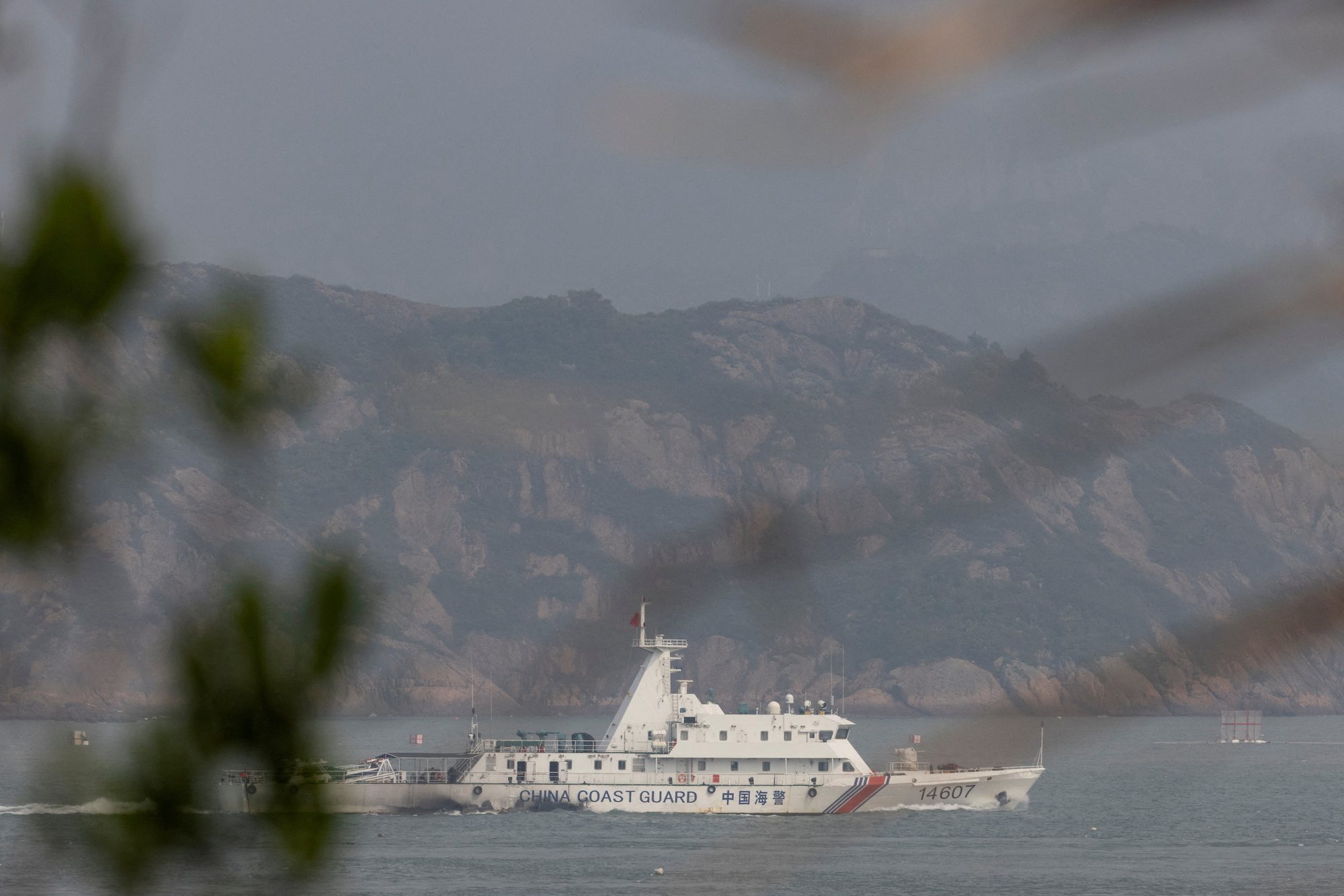
Egypt Military Steps Up Suez Patrols to Secure Global Trade Link
File photo Suez Conal.
By Nadine Marroushi
July 2 (Bloomberg) — Egypt’s military increased patrols of the Suez Canal, securing the waterway handling about 8 percent of global maritime commerce, as protests escalate against President Mohamed Mursi’s regime.
Mohab Mohamed Hussien Mameesh, the chairman of the Suez Canal Authority, is coordinating a “high-alert” military response, Tarek Hassanein, a spokesman for the organization, said by phone yesterday. The army and navy stepped up patrols of the 190-kilometer (118-mile) canal linking the Red and Mediterranean seas about a week ago, he said.
While conflicts halted canal traffic in the 1950s and 1960s, a stoppage is unlikely now because the waterway is too important to Egypt’s economy, Barclays Plc analysts including Helima Croft said in an e-mailed report yesterday. The army yesterday gave Mursi two days to respond to protesters, who say the president has done too little to improve their lives since taking office a year ago.
“Closing the canal outright would be very difficult without the support of the military,” the Barclays analysts said. “There are no signs that the Egyptian armed forces, which have given the Mursi government 48 hours to resolve the crisis, have any intention of taking such drastic action.”
The canal handles about 8 percent of seaborne trade, according to Barclays. It carried about 4.5 percent of global trade in oil in 2011, the bank said. The waterway also carries about 14 percent of liquefied natural gas cargoes, the note showed.
Suez Crisis
About 800,000 barrels of crude and 1.4 million barrels of refined fuels passed along the canal daily in 2011, the bank said, citing data from the U.S. Energy Department. An adjacent pipeline carried an additional 1.7 million barrels a day, it said.
The canal was shut for several months during the Suez Crisis, when the U.K., France and Israel invaded Egypt in 1956 in an effort to prevent the link from being nationalized. The waterway closed for eight years a decade later, forcing oil tankers to head around South Africa to deliver cargoes.
While unrest that toppled Hosni Mubarak, Mursi’s predecessor, failed to halt traffic last year, fewer vessels passed along the canal. An average of 1,435 ships a month used the link, the lowest figure since 2005, canal data compiled by Bloomberg show.
Excluding exports, the canal was Egypt’s third-biggest foreign-currency earner in the nine months ended in March after worker remittances and tourism, generating $3.8 billion, according to figures from the central bank.
Traffic is “normal and has not faced any disruptions,” Hassanein said. The canal was already on the “highest security alert possible” even before the most recent protests, he said.
Copyright 2013 Bloomberg.

Subscribe for Daily Maritime Insights
Sign up for gCaptain’s newsletter and never miss an update
— trusted by our 109,208 members

Get The Industry’s Go-To News
Subscribe to gCaptain Daily and stay informed with the latest global maritime and offshore news

 Join The Club
Join The Club








